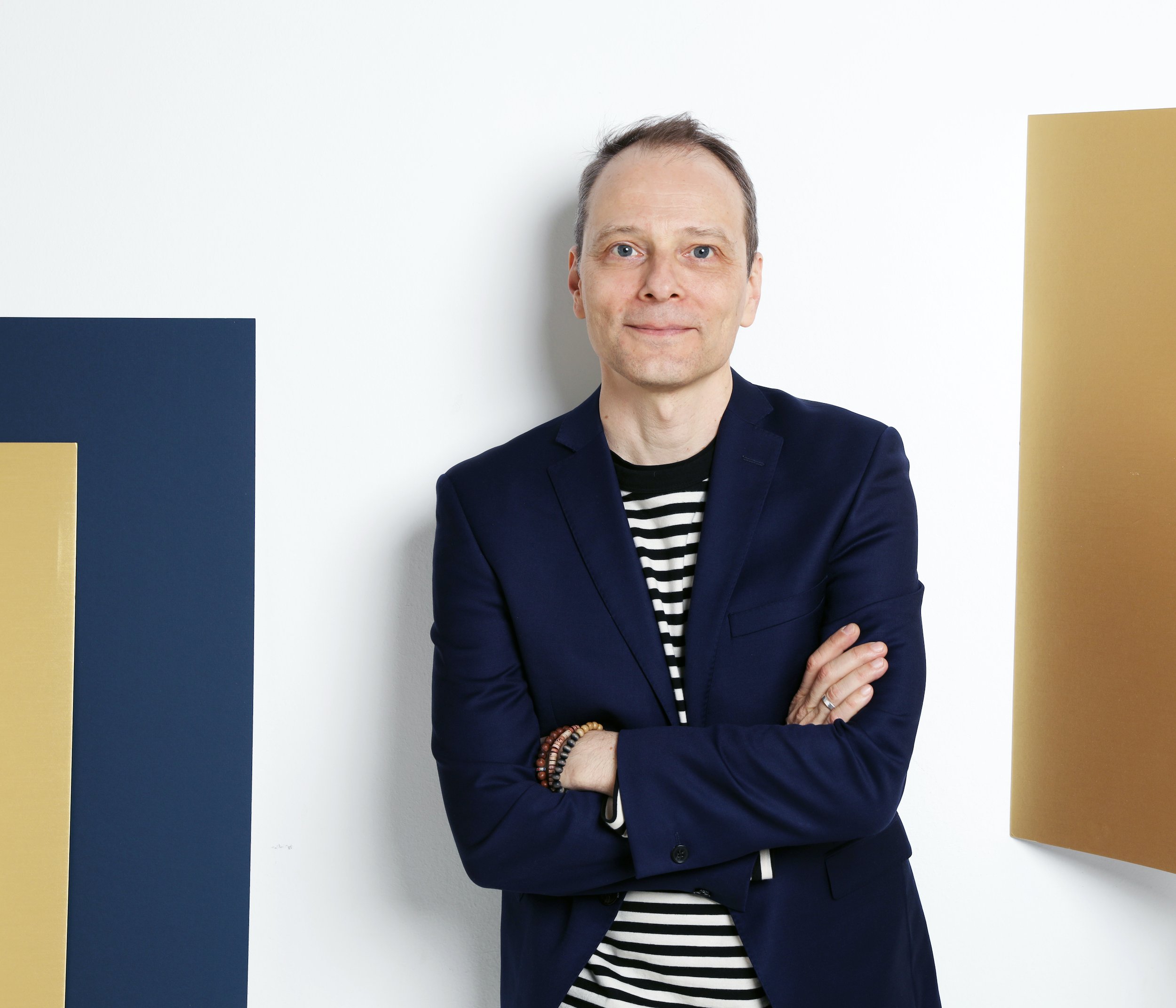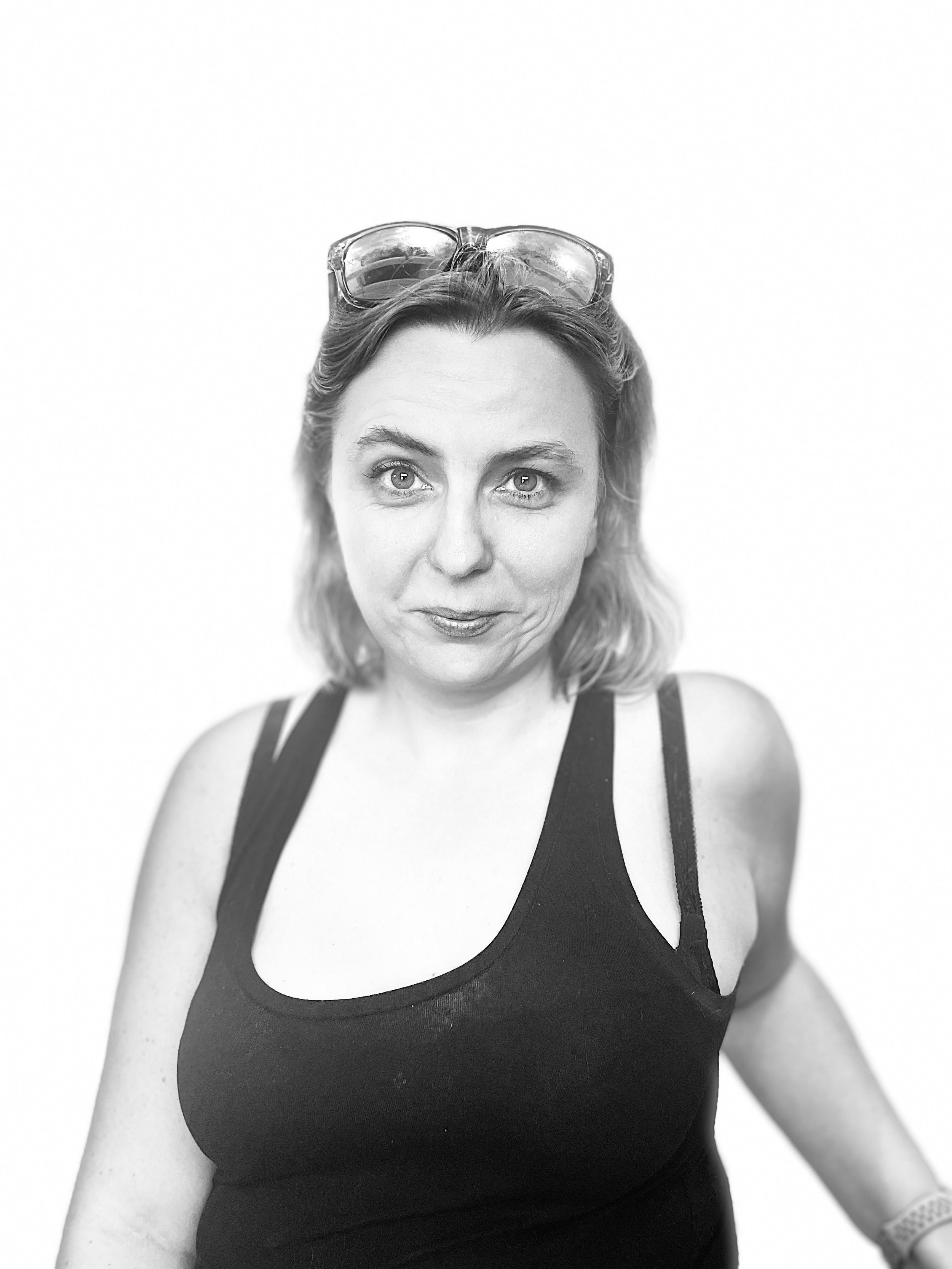Friday, October 27th
12:00 PM (Paris Time)
Language: English
The webinar is free and open to non-members
Please register by sending an email to aicainternational.webinar@gmail.com by 26th October
One of the main objectives of AICA is “to defend and promote freedom of expression and thought”. Protection of freedom of artistic expression lies within the Guiding Principles of the UNESCO 1980 Recommendation Concerning the Status of the Artist, which calls on member states to protect and defend artists in their freedom to create. Freedom of expression is also referred to as a fundamental right within the UNESCO 2005 Convention on the Promotion and Protection of the Diversity of Cultural Expressions. The UN human rights treaties and the Convention, however, contain “exceptions” – restrictions can be applied to expressions that damage “the rights and reputations of others”, that threaten “national security or public order” or “public health or morals”. [1]
The shrinking space for the freedom of expression has been a concern of many AICA members, as well as institutions and NGOs devoted to the protection of human rights. In 2022, the Artistic Freedom Initiative (AFI) published reports on the situation in Poland and Hungary. The document on Poland was partly based on the Report on Censorship prepared by AICA Poland for the AICA Censorship Committee. The document on Hungary was prepared in cooperation with Gergely Nagy (AICA Hungary). Firat Arapoğlu (AICA Türkiye) presented his thoughts on the limitations of the freedom of expression in Türkiye in front of AICA in Paris. Andrew Maerkle (AICA Japan) presented a case of the Aichi Triennial in 2019 and moderated a webinar on the freedom of expression organized by AICA Japan for the sections of AICA in Asia.
Censorship in today’s world, overcome by populism and fascism, is only a tip of an iceberg. In his recent article Jakub Dąbrowski, the author of the most comprehensive study on censorship in Poland between 1989 and 2010 asked: “So maybe it's not time to lament the censorship of the visual arts, ‘when the forests burn’”. [2] The webinar participants will try to answer this, and many further questions concerning the conflict zone between the states and visual arts. They will discuss the most recent cases of censorship, and the strategies of self-defence and resistance, as well as the possible ways forward. Concerning the last topic, especially valuable will be the expertise of Sara Whyatt – the author of the most recent report on Censorship for the Council of Europe and an experienced human rights activist. The conversation will focus on both “above the radar” obvious cases of legal repressions, and the “under the radar”, subtle practices leading to self-censorship.
[1] Based on: Sara Whyatt, "Free to Create: Artistic Freedom in Europe. Council of Europe report on the freedom of artistic expression," (Strasbourg: Council of Europe, 2023), 14.
[2] Jakub Dąbrowski, "Wolność sztuki 2010-2020 albo o kulminacji wielkiej smuty," Magazyn Szum, no. 35 (2021 / 2022): 24-37.
SPEAKERS
Fırat Arapoğlu, Ph.D, is an art historian, art critic, and independent curator. He lives in Istanbul and works as an Asst. Prof. Dr. at Altınbaş University, Department of Common Courses. He has curated many exhibitions in Turkey and abroad. His recent projects include In a Multi-perspective, Group Show (2022, Yarat, Baku, Azerbaijan), Other Urban Order(s), Sophia Grancharova solo exhibition (2022, the ICA, Sofia), Lines of Site, International Traveling Exhibition (2022, Istanbul, Dundee, Barcelona), 6th International Istanbul Biennial for Children and Youth (2022, Istanbul), Unforgettable Future, Krassimir Terziev solo exhibition (2019, Versus Art Projects, Istanbul), Fifth Agreement, Esra Satiroglu solo exhibition (2019, Summart, Istanbul), and Simbart's one-day solo exhibition programs. He co-curated the 3rd Çanakkale Biennial and the 3rd and 4th International Mardin Biennials. Among the art magazines he contributed to in Turkey and abroad are Sanat Dünyamiz, Genç Sanat, Art-Ist Modern & Actual, ICE, ARTAM, Art Unlimited, Critical Culture, RH+, Istanbul Art News, Artdog, Varlık, and Flash Art. In addition, his articles were published in the newspapers Birgün, Cumhuriyet, and SOL. He presented his articles on art and art education at national and international symposiums and wrote book chapters. He gave speeches and workshops at Istanbul Modern Art Museum, Moda Stage, Atelier Maçka, Narmanlı Art, Nazım Hikmet Cultural Center, and Istanbul Bilgi University. He is the vice president of the International Association of Art Critics (AICA) 2020-2023.
Jakub Dąbrowski, PhD - graduated in both law and history of art. In 2013 he has completed a PhD thesis at the History of Art Faculty at the Adam Mickiewicz University in Poznan. He is an Assistant Professor at the Faculty of Artistic Research and Curatorial Studies at the Academy of Fine Arts in Warsaw where he lectures on History of Contemporary Art and Copyright Law. In 2015 he won The Award of the Polish Art Critique for a book Cenzura w sztuce polskiej po 1989 roku (English edition: Censorship in Polish Art after 1989. Art, Law, Politics, Mosaic Press 2019).
Andrew Maerkle is an art writer, editor, and translator based in Tokyo. He is currently Editorial Director of Art Week Tokyo, an annual event connecting 50 of the city’s leading art spaces through four-days of coordinated programming, and is Deputy Editor of the bilingual online art portal ART iT | International Edition, a position he has held since 2010. From 2020 to 2021 he was Editorial Director of the Bunka-cho Art Platform Japan translation project. From 2006 to 2008 he was Deputy Editor of ArtAsiaPacific in New York, and one of the creators of the magazine’s annual Almanac edition. His book of translations Kishio Suga: Writings, vol. 1, 1969–1979, was published by Skira in 2021. Maerkle contributes to international publications including Aperture, Art & Australia, Artforum, and frieze. He is also active as an educator. From 2018 to 2023 he taught in the Graduate School of Global Arts at Tokyo University of the Arts, and from 2015 to 2018 he led the seminar and publishing project Discourse Lab for the alternative education program MAD (Making Art Different), run by Arts Initiative Tokyo.
Gergely Nagy (1969), journalist, editor, author. Lives and works in Budapest. His main fields of interest are contemporary art, cultural policies and cultural resistance. After many years in journalism, since 2013, he has been the editor-in-chief first of the online art magazine Artportal, and then of the online magazine A mű (The Artwork). He currently works as a freelancer and he is a PhD fellow at ELTE University in Budapest. He is also the initiator of East Art Mags, a collaborative project of art magazines in the East Central European region. He is one of the founders of the OFF-Biennále Budapest, which has become the largest civic contemporary art initiative in the region. Gergely contributed to several reports dealing with the state of artistic freedom and freedom of speech in Hungary.
Sara Whyatt is a campaigner and researcher on freedom of artistic expression and human rights, notably as director of PEN International ‘s freedom of expression program for over 20 years and previously as a coordinator in Amnesty International’s Asia Research Department. In 2013 she took up freelance consultancy, working on projects including for the Council of Europe Free to Create program, the International Federation of Arts Councils and Cultural Associations, the Institut fur Auslandsbeziehungen, and the Swedish Arts Council. She also works for civil society organisations such as Freemuse and PEN International. She has been a member of the EU/UNESCO Expert Facility 2005 UNESCO Convention on the Protection and Promotion of the Diversity of Cultural Expressions since 2019 and was the author of the chapters on freedom of artistic expression in the Convention global reports 2018 and 2022. She continues to work with UNESCO developing training programs for governments and CSOs, developing monitoring and reporting strategies to promote artistic freedom under the Convention.
MODERATOR
Małgorzata Kaźmierczak, Ph.D. in History. Since 2004 an independent curator of art projects in Poland and USA, especially performance art events. Researcher and author of many essays and reviews. Between 2011-2014 – editor, writer and translator of livinggallery portal; 2006–2012 – president of the Foundation for the Promotion of Performance Art “Kesher” in Kraków, Poland; 2012–2014 – managing editor of the Art and Documentation journal; 2014–2016 – director of the City Art Gallery of Kalisz, Poland. Between 2016–2017 – editor-in-chief of the Publishing House and Assistant Professor at the Faculty of Painting and New Media of the Art Academy of Szczecin, Poland. Currently an Assistant Professor at the KEN University of Krakow. Since 2020, vice-president of AICA Poland and AICA International. Co-author of the report on Censorship in Poland between 2017-2021 for the AICA Censorship Committee, and a participant of the Council of Europe Workshops on the Freedom of Expression in 2022 and 2023, as well as the Artistic Freedom Initiative panel discussion organized at the Columbia University in New York (2022).






